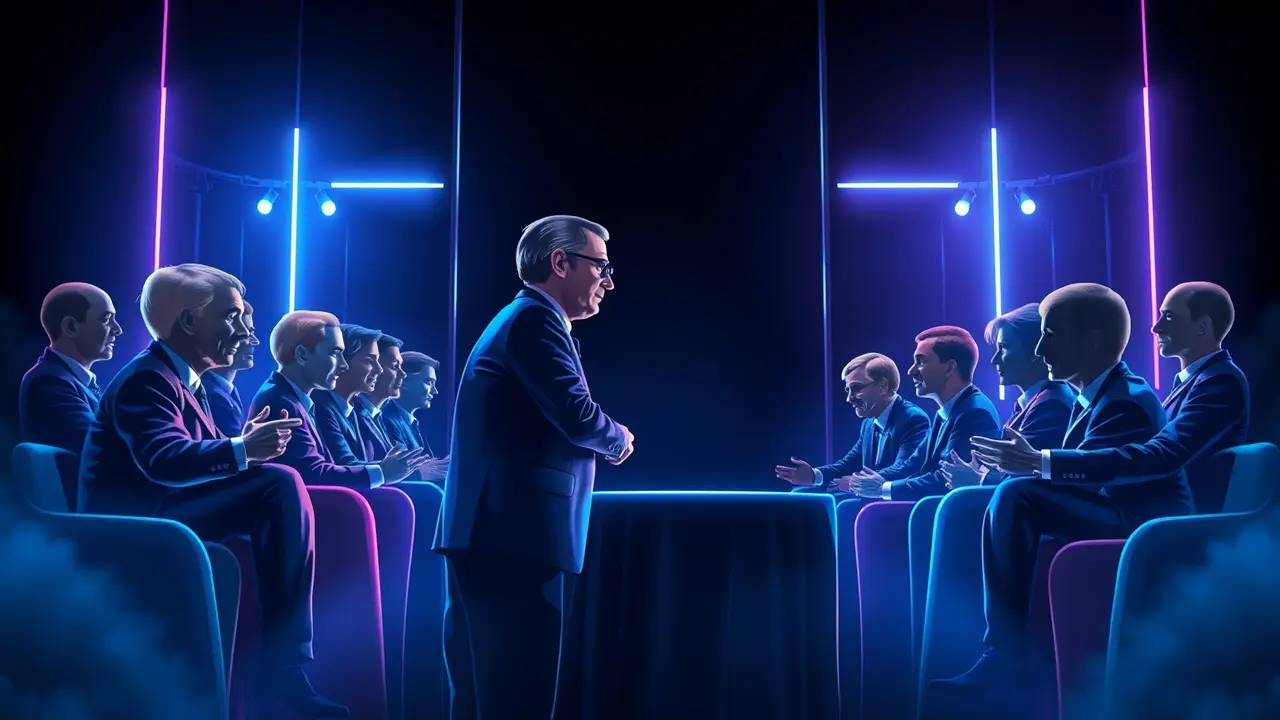French Prime Minister Lecornu Announces New Cabinet After Macron Meeting
In a political maneuver reminiscent of the grand coalitions that have historically stabilized European governments during periods of internal strife, reappointed French Prime Minister Sebastien Lecornu has unveiled his new cabinet following a critical conclave with President Emmanuel Macron at the Élysée Palace. This is not merely a routine administrative reshuffle; it is a profound strategic recalibration forced upon the Macronist center by the seismic results of the recent parliamentary elections, which left the nation's political landscape fractured and without a clear governing majority.The composition of this new government reads like a complex peace treaty, a delicate balancing act designed to navigate the treacherous waters of 'cohabitation'—a constitutional peculiarity of the Fifth Republic where the President and Prime Minister hail from opposing political blocs, a scenario not seen in its full force since the days of Jacques Chirac and Lionel Jospin. Lecornu, a figure whose political agility has been compared to that of a de Gaulle in navigating institutional crises, now faces the Herculean task of forging a working legislative agenda with a National Assembly dominated by the left-wing Nouveau Front Populaire and the surging right-wing Rassemblement National.Analysts are already drawing parallels to the ‘plural left’ government of the late 1990s, though the current fragmentation is far more acute, posing a direct threat to Macron’s legacy and France’s influence on the European stage. Key portfolios, particularly those of Finance, Interior, and Foreign Affairs, have been awarded not merely on merit but as calculated signals to both domestic factions and international markets, with seasoned technocrats being placed alongside figures capable of cross-aisle negotiation.The immediate consequence is a period of profound legislative gridlock, where every budget bill and reform package will become a battlefield, testing the very foundations of French republicanism. The stability of the eurozone now partially hinges on whether this new, fragile cabinet can project an image of competence and unity, lest investor confidence wavers and the specter of political paralysis emboldens populist movements across the continent. This is more than a cabinet announcement; it is the opening gambit in a high-stakes political drama that will define France's trajectory for the remainder of Macron’s term and beyond, a test of whether a modern democracy can govern effectively when its center can no longer hold.
CH
Chloe Dubois123k2 days ago
this political gridlock is giving me major anxiety ngl, it feels like the whole system is just stuck smh
0
